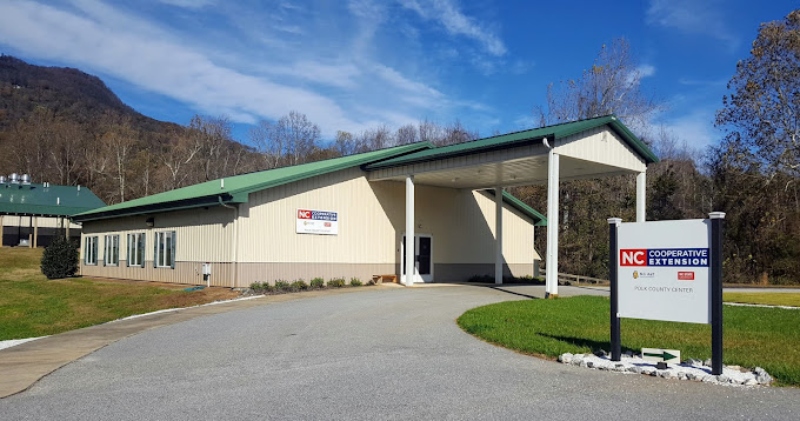Be wary when buying a vision
Published 12:27 pm Tuesday, July 8, 2025
|
Getting your Trinity Audio player ready...
|
You’ve sold the family home. The kids are grown, the attic is empty, and your calendar is finally your own. You’re not chasing square footage anymore — you’re chasing peace. Simplicity. A soft landing.
Then you hear about a new condo coming soon. A sleek unit in a multilevel high-rise downtown with a name like Mountain View, Clear View, or Fortune Vista — something that promises serenity and status in just a few syllables. Or maybe it’s a charming to-be-built neighborhood just outside the city. You see the renderings: floor-to-ceiling windows, rooftop views, a dog park, a grocery store within walking distance. It all sounds like the perfect next chapter.
But before you buy into the dream, be careful you’re not just buying a vision, sold by a polished developer backed by a team of professionals who may not fully represent your interests.
Trending
Towns like Greenville and Asheville, along with smaller hotspots like Hendersonville and Boiling Springs, S.C., are experiencing heavy development pressure. Condo demand is high, and builders are racing to meet it. Entire developments often sell out before a single nail is hammered.
These boom towns attract downsizers, retirees, and empty nesters looking for low-maintenance living and walkable convenience. But they’re also fertile ground for overly ambitious developers, slick sales teams, and passive investors hoping to cash in quickly.
As a result, many buyers end up with half-finished properties, unresponsive developers, or inactive HOAs after putting their life savings into what was supposed to be a fresh start.
The people representing these projects, whether it’s the friendly real estate agent or the confident developer, are often part of the same sales machine. The agent may appear independent, but is typically handpicked. The developer might boast past success while hiding lawsuits and complaints. The team sells certainty and comfort, but it’s often just that: a sale.
You’ll be shown renderings of rooftop lounges, green spaces, and shops. But renderings are not guarantees. Green areas turn into parking lots. Planned amenities disappear. The HOA you expect to govern the property may not even exist at closing. Delays are common, and you may end up as one of just a few people living among empty, unfinished units.
Another trap is the use of nonstandard contracts. Developers often bypass standard state forms and present custom agreements written by their attorneys. These contracts typically favor the developer, with nonrefundable deposits, vague timelines, and limited protections for the buyer. By the time you close, you may be committed to something you never saw finished.
Trending
You may also come across the term “horizontal property regime.” It sounds technical, but it means the land and structures are jointly owned. These arrangements often allow developers to retain voting control over the community long after sales are completed, limiting your say in what gets built nearby or how the property is run.
Now add dual agency, when your agent represents both you and the seller. The developer’s preferred agent might seem helpful, but legally, they may owe loyalty to the seller. Dual agency is legal in many states, but rarely serves the buyer well.
Many buyers discover too late that their vision doesn’t match reality. They move in and start finding problems: doors that don’t shut properly, windows that leak, seams in the drywall, and rooftop decks that are still bare plywood. Floors may be dusted white by careless subcontractors. You might have asked for clean lines and ended up with a fireplace you didn’t want, or electrical fixtures that look like afterthoughts. The builder’s answer? Put it on the punch list. But those punch lists expire quickly, and when the deadline passes, so does your leverage.
Some developers won’t even disclose how many units they’re holding in reserve. These may be sold later under for-sale-by-owner status, allowing them to keep control and profits, and potentially flood the market at will, affecting resale value and community dynamics. If your contract doesn’t disclose this, you’re flying blind.
If you live in a boom town and regret what you’ve bought, put it back on the market. Demand remains high, and you may still come out ahead. Hold your real estate agent accountable. Ask questions. Push for answers. If concerns are brushed off or red flags ignored, remember the term “willful negligence” — because one day you may be forced to use it. If you believe your concerns weren’t taken seriously, contact your state’s real estate commission. It exists to protect you, and your voice doesn’t end when you sign the deed.






